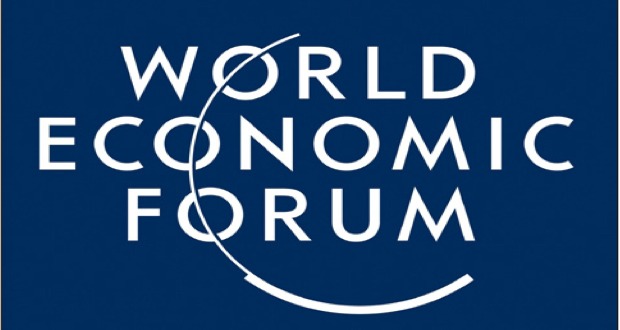Nigeria’s Global Competitiveness Ranking
Nigeria’s rank slid down 7 points on this year’s instalment of the Global Competitiveness Ranking produced by the World Economic Forum. Nigeria ranks 127 out of 144 countries in global competitiveness, which is a composite index comprising of 12 pillars that determine the productivity of a country. These pillars include institutions, infrastructure, macroeconomic environment, health and primary education and higher education training. Other pillars include labour market efficiency, financial market development, technological readiness, market size, business sophistication and Innovation. In the rankings, Nigeria is only ahead of countries like Pakistan, Chad, Guinea and Haiti.
The report also places Nigeria squarely in the base factor-driven cycle of development that is characterized by competing on factor endowments like unskilled labour and natural resources.
While the raking and its implication are unsavory news, it is a veritable tool of diagnosis that a willing government can use to measure its performance and focus its efforts.
When components of the index are distilled further. It reveals that Nigeria performs very poorly on institutions. In fact we rank 142nd out of 144 in the diversion of public funds and 135th in irregular payment and bribes. Similarly, business executives rank corruption as the 2nd most problematic factor for doing business in Nigeria. These is a very clear indictment on our public officials who I hope will read the report or have one of their unnecessarily bogus retinue summarize it for them.
Other areas that Nigeria fares badly include Business Cost of Terrorism (137) Primary Education enrolment (138th), Infant mortality rate (140th) and Ease of Access to loans (137th).
However, it is not all bad news, Nigeria ranks 52nd on the Strength of Investment promotion and 11th on the Financial Market legal rights index. Both indicate the fair level of regulatory capability and clarity in the financial markets.
Other area where Nigeria does well is in its General government debt (18th) and Gross National savings (26th) thanks in part to the establishment of our National Sovereign wealth fund.
Our labor market also gets some kudos for its hiring and firing practices (7th) and flexibility of wage determination (35th).
Our domestic market size ranks 31st but this is no good news given that our large population is a factor endowment that we have done little to enhance in terms of education and access to health care.
Overall, the prognosis is bad, we need to reverse this trend of failing institutions and inadequate investment in productivity enhancing factors like education, infrasturucre and healthcare that can translate our economy to an efficiency driven one characterized by well functioning labor markets, developed financial markets and an ability to use technology to move up the value chain of production.





